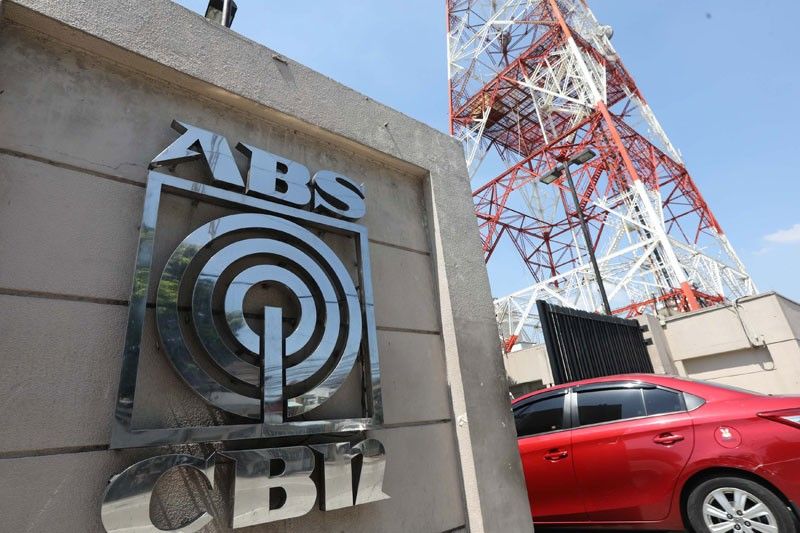NTC says ABS-CBN case 'became so popular' it had to set aside precedents

MANILA, Philippines — Unlike previous cases of companies permitted even after their franchise lapsed, the operations of ABS-CBN Corp. sans a license “became so popular”, “with many expressing their opinions,” that regulators were left with no choice but to treat it differently.
This was how National Telecommunications Deputy Commissioner Edgardo Cabarios tried to justify NTC’s surprise cease-and-desist order (CDO) against the media giant last Tuesday, an order that put off the network's free TV and radio channels in a few hours while leaving many lawmakers, promised to let ABS-CBN airing, disgruntled.
“We noticed that there were already so many comments following the (Congress) resolution enjoining the NTC to issue provisional authority. There were three choices left to us, sundin ‘yung dating nangyari, meaning to say we do not do anything, issue the provisional authority, or issue a CDO," he told Philstar.com in a phone interview.
“Pinag-aralan po ‘yan and dahil nga there were so many issues already factored into it and marami na nag-express ng opinion, we decided we cannot just keep quiet at this time. If we keep quiet, we might get sued for dereliction of duty,” he said.
The first option— which was to take note of legislators’ resolution and “not do anything”— was actually followed in numerous cases in the past, including recent franchises granted to GMA Network Inc. and TV5. Such cases were even cited by Senator Grace Poe during the Senate hearing on ABS-CBN franchise last March.
In the first option, Cabarios said the process then involved communication with legislators about the status of franchise renewal bills. “There were letters then from Congress that tell us that bills are already being deliberated. When we received those letters, we held off from taking action,” he said in Filipino.
But Cabarios was also quick to differentiate between those letters and the Congress resolution asking for provisional authority to ABS-CBN. “The resolution asked us to issue a provisional authority. The letters didn’t. So we just decided to not do anything then,” he said.
Pressed if regulators could have opted to still hold action following the precedents, Cabarios already pointed to how public opinion converged on ABS-CBN’s franchise renewal, putting them “in a bind to act.”
“This is a difficult case and so many opinions were already raised on this. Our legal team studied this carefully and in the end, the decision was not to keep quiet. We have to follow the law,” he said.
But when asked if NTC received any formal opposition on a provisional permit to ABS-CBN, Cabarios only pointed to two: the one filed by the Federation of International Cable TV Association of the Philippines and that from Solicitor General Jose Calida.
High court case ‘factored in’
“There were also some legal luminaries who expressed their opinions in news articles. The pending case (before the Supreme Court) was also factored in,” Cabarios said.
But he denied NTC was pressured by Calida, the government’s lawyer who went to the high court to invalidate the old franchise of ABS-CBN. “No, there was no pressure. This was carefully studied,” he said.
He also explained the apparent flip-flopping of NTC, which through its Commissioner Gamaliel Cordoba last March, vowed to let ABS-CBN remain on air. “The basis of the statement of the commissioner was the opinion of DOJ (Department of Justice), but after that marami nang nangyari. So many cases (were) presented already and it prompted our legal team to study. Marami nang mga argument, so pinag-aralan,” he said.
Currently, NTC is awaiting ABS-CBN to submit its justifications why the network should keep its frequencies, with no franchise. Cabarios also stressed that the NTC halt order may only be challenged “before the Court of Appeals or Supreme Court.”
“If they cannot justify their holding of frequencies, we can recall those frequencies. But this can still be challenged before the Court of Appeals. Mahaba pa po ito,” he said.
- Latest
- Trending




























